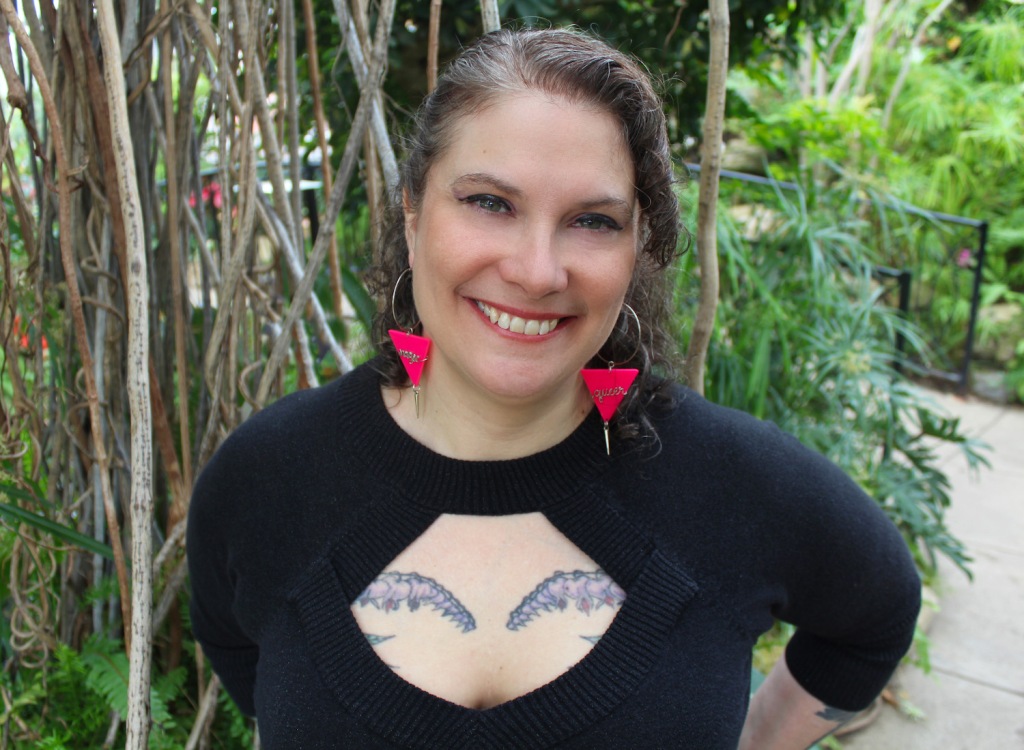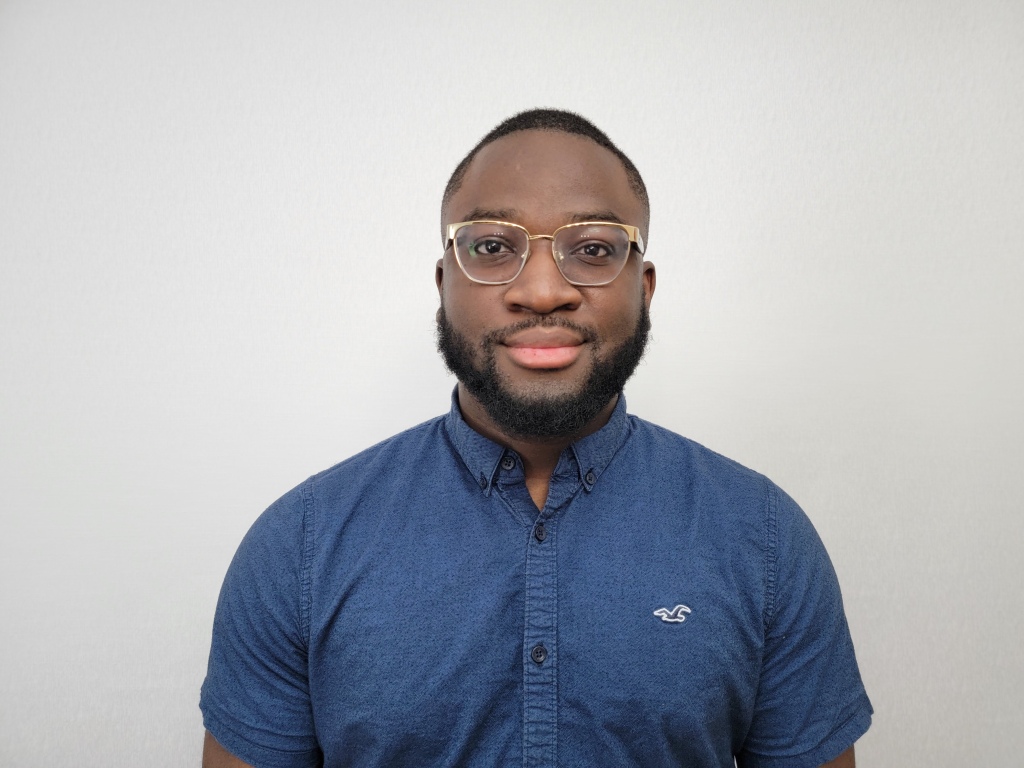
Recently published with Frontenac House, Cluster Flux is D.S. Stymeist’s newest collection of poetry. His well-received debut, The Bone Weir, was a finalist for the Canadian Author’s Association Poetry Award. Alongside living with the disabling effects of chronic disease (Crohn’s), he currently teaches creative writing at Carleton University.
*
For the upcoming July 10th BWS event, I’m planning to read Midsummer Disjunction from my new poetry collection. I haven’t read the nine-poem cluster in its entirety in public before, so I’m really interested to see how people will receive it.
This set of lyric poems juxtapose urban gardening, life in Ottawa during the first summer of the COVID pandemic, and my ongoing struggles with Crohn’s disease. For some time, I’ve been wanting to share my experiences with Crohn’s. It’s a disorder that is chronic, debilitating, and life-long, but is also one that’s largely invisible. Often, I’m confronted with people saying, “Well, you don’t look sick.” I wanted to make the experience of living with this condition more visible, more real, more personal.
Still, I found that whenever I tried to write about bodily suffering and the various grotesqueries that accompany inflammatory bowel disease, I wasn’t all that happy with what I wrote. I found that the writing was too egocentric, too focused on the self. Ultimately, I needed to come at it more at a slant. The communal experiences of the COVID pandemic during the lockdown provided some interesting parallels (as well as contradictions) with Crohn’s. For instance, many of us experienced novel isolation, alienation, and loneliness during that initial wave of the pandemic where we were asked to shelter in our homes. The prior year, I experienced a similar kind of isolation during a particularly bad flare of Crohn’s, which left me confined to my house, unable to work, or perform basic tasks.
It’s difficult to talk about pain. It’s difficult to find language for it, as it’s beyond language. For me, it’s particularly difficult to talk about the ailing and failing body. Certainly, within the culture of my youth, enduring suffering and pain without complaint was seen as especially masculine and laudable. There was a kind of toxic cowboy mentality to both debility and disease. Keep it to yourself. Suck it up. Certainly, for my family, complaint and self-exposure were seen as unredeemable weakness. It took considerable effort and persistence before I could find ways to express myself:
In these times, it’s easy to recall bodily pain. Un-
nameable, burrowing, abject. Suppurating wound
*
of bowel perforation. Shoved onto the floor
by the force of it.
(Midsummer Disjunction II)
Alongside Crohn’s and the pandemic, the other major juxtaposed element in these poems was the weaving in of observations about the urban garden biome. You might ask how gardening is connected to disease and debility, but when you observe the garden, you witness the life and death struggles of all its creatures—plant, fungal, insect, bird, reptile, and mammal. The garden is not simply a pretty picture, providing a green backdrop to our lives. No, everything that goes on in it—sex, reproduction, predation, age, disease, death, decay—happens to us and our bodies. The book of nature has a lot to tell us if we care to read it.
For me to describe the garden at the moment of midsummer seems particularly apt, as this is when activity in the garden is at its most fevered pitch. Midsummer is also suggestive of change, of the constant, ritual movement of season. It’s something that we can’t escape. (The midsummer solstice also happens to be the date of my birthday, so it has particular personal associations).

I’ll admit that I like making my readers work. The dislocations in Midsummer Disjunction provide some of that labour. Disjunction jars. This disorientation does some of the essential work of expressing how the self destabilizes through the experience of disease and debility. But moreover, juxtaposing subjects that have no apparent or surface connection can spur readers to seek hidden connections, solve ambiguities, leap over the gaps, the aporias. I have nothing against plain style and direct correlation (which much lyric poetry and popular song employs), but I think readers value work that gives them room to develop their own realizations and connections.
Catherine Owen, in her generous Marrow Review of the collection, observes that “Nothing is static or stagnant in these pieces. There is nowhere to hide and that’s as it needs to be when truths require confrontation.” I like that. That’s something that I’ve tried to embody with these peculiar, elliptical poems grounded in close observation of both the world and the diseased self.






